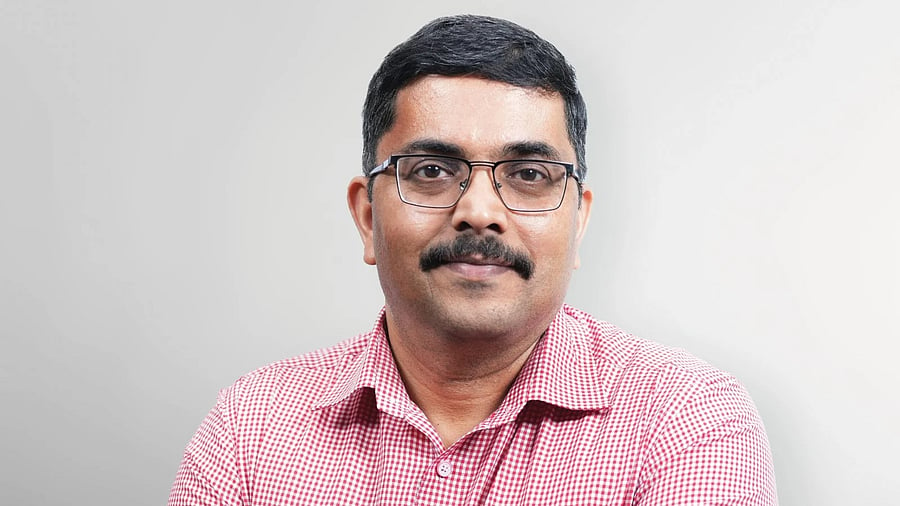
Credit: Special Arrangement
Bengaluru: In a major triumph for the city’s scientific ecosystem, two premier institutions: the Indian Institute of Science (IISc) and the National Centre for Biological Sciences (NCBS) have swept the inaugural Tata Transformation Prize.
The winners, selected from a pool of 212 nominations nationwide, were announced on Tuesday by the New York Academy of Sciences and Tata Sons.
Each will receive Rs 2 crore to scale up their high-impact research across food security, sustainability and healthcare.
The food security prize was awarded to Dr Padubidri V Shivaprasad of NCBS.
His work addresses India’s critical challenge of feeding a growing population amid climate stress.
Dr Shivaprasad employs sophisticated epigenetic engineering and small RNA–based modifications to enhance the stress tolerance and nutritional quality of rice.
This method offers a rapid and precise alternative to conventional breeding, promising reduced dependence on fertilisers and lower production costs for farmers.
The remaining two awards went to researchers at IISc namely Dr Balasubramanian Gopal and Dr Ambarish Ghosh. Dr Balasubramanian Gopal secured the sustainability prize for his work in green chemistry. He has pioneered a sustainable biomanufacturing platform using bioengineered E.coli bacteria, integrated with artificial intelligence, to produce key chemicals for pharmaceuticals and agriculture.
This innovation offers a cleaner, cost-effective replacement for traditional, energy-intensive chemical synthesis, positioning India as a leader in environmentally responsible manufacturing.
The healthcare prize was awarded to Dr Ambarish Ghosh for his revolutionary approach to cancer treatment.
Dr Ghosh is developing magnetic nanorobots — tiny, helical devices that can be safely guided through the body using magnetic fields.
These nanorobots are designed for precise, targeted drug delivery to tumours, promising less invasive therapies with significantly fewer side effects, potentially transforming cancer care accessibility in low- and middle-income countries.
N Chandrasekaran, chairman of Tata Sons, emphasised the national significance of these innovations.
“Their work is significant for India and for humanity at large,” he said.
Nicholas B Dirks, president and CEO of The New York Academy of Sciences, said the winners “exemplify the power of Indian science to drive meaningful global change”. The recipients will be honoured at a ceremony in Mumbai in December.
